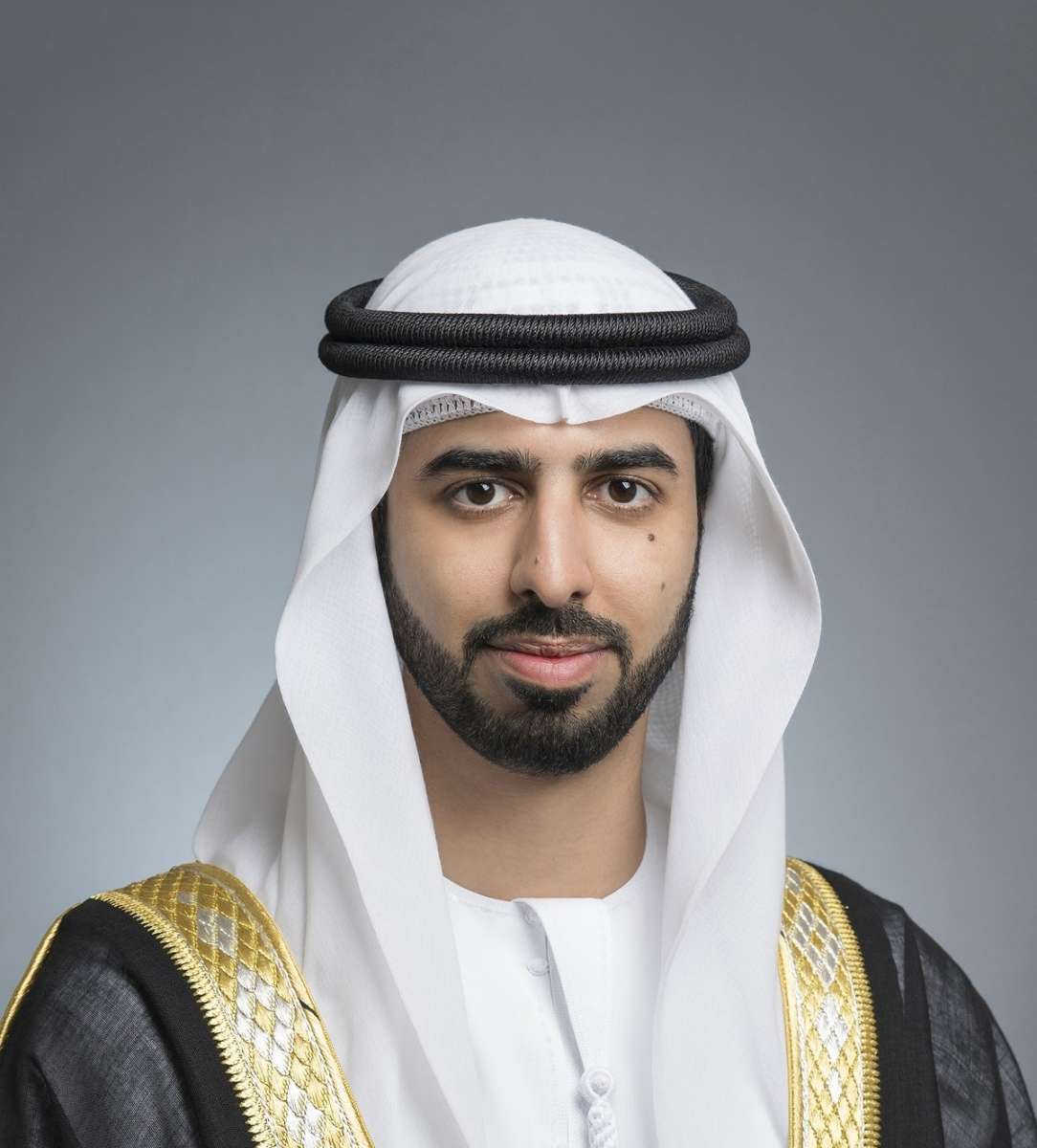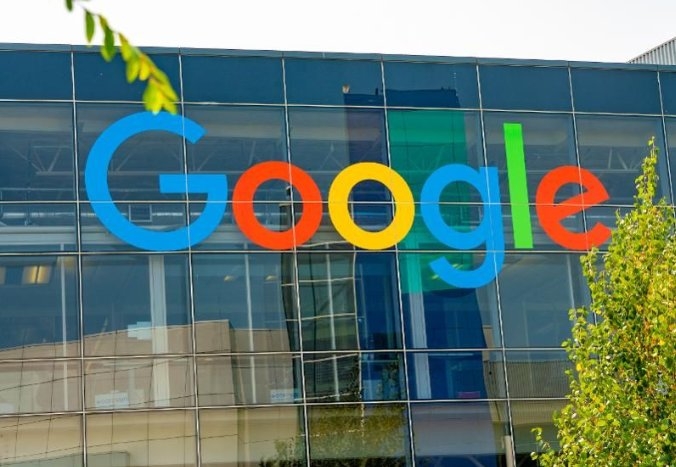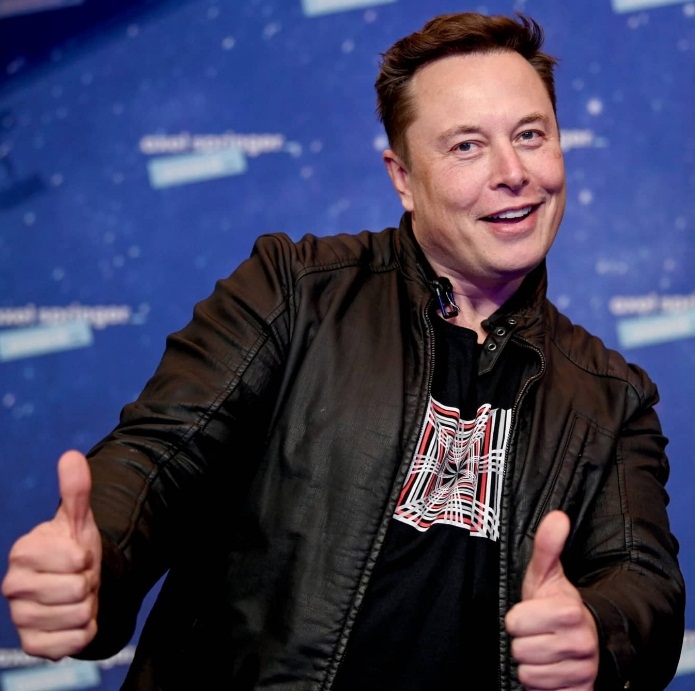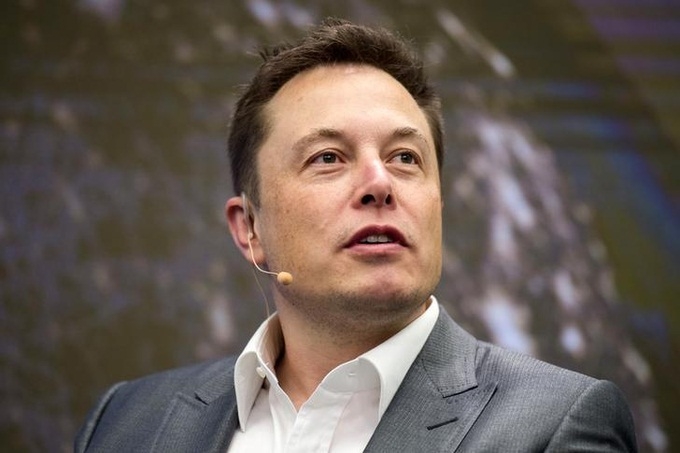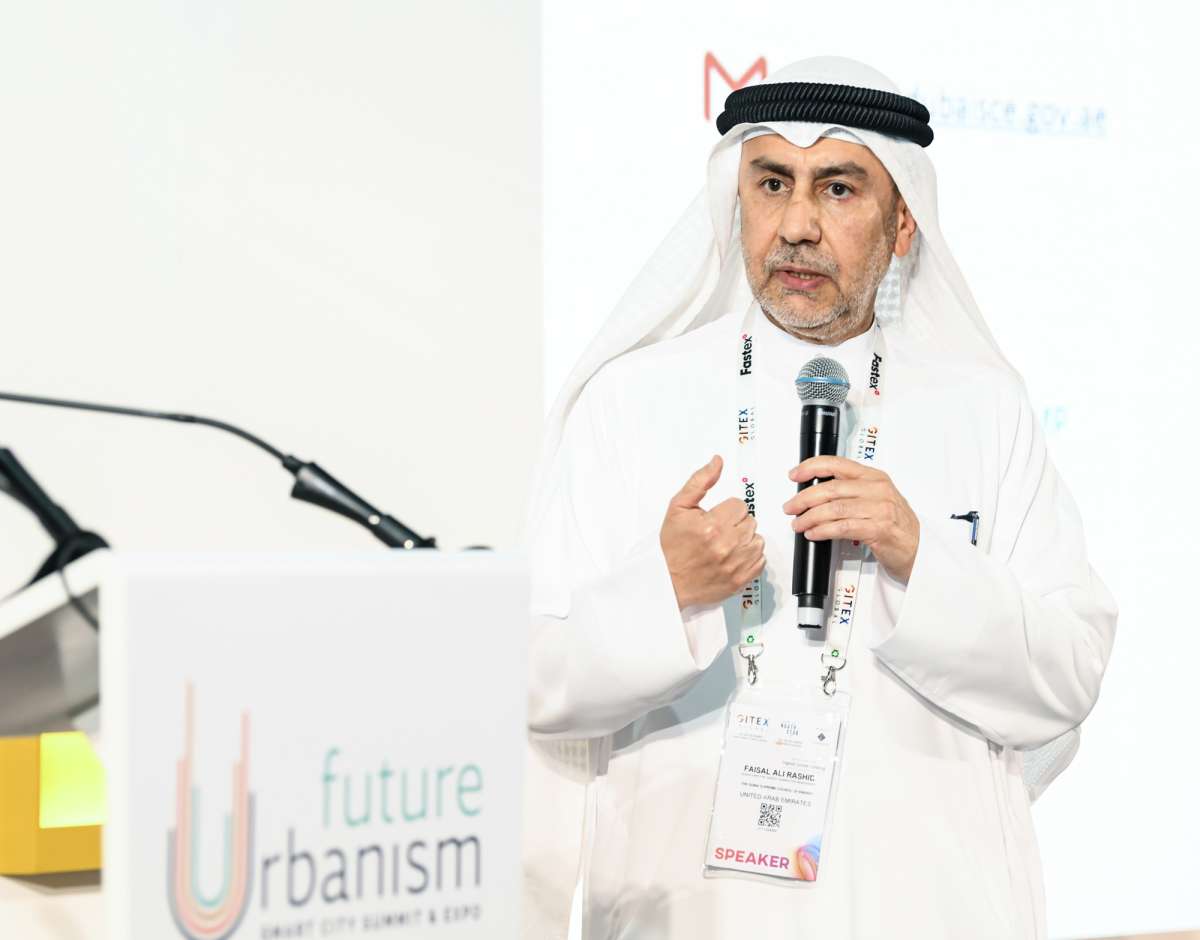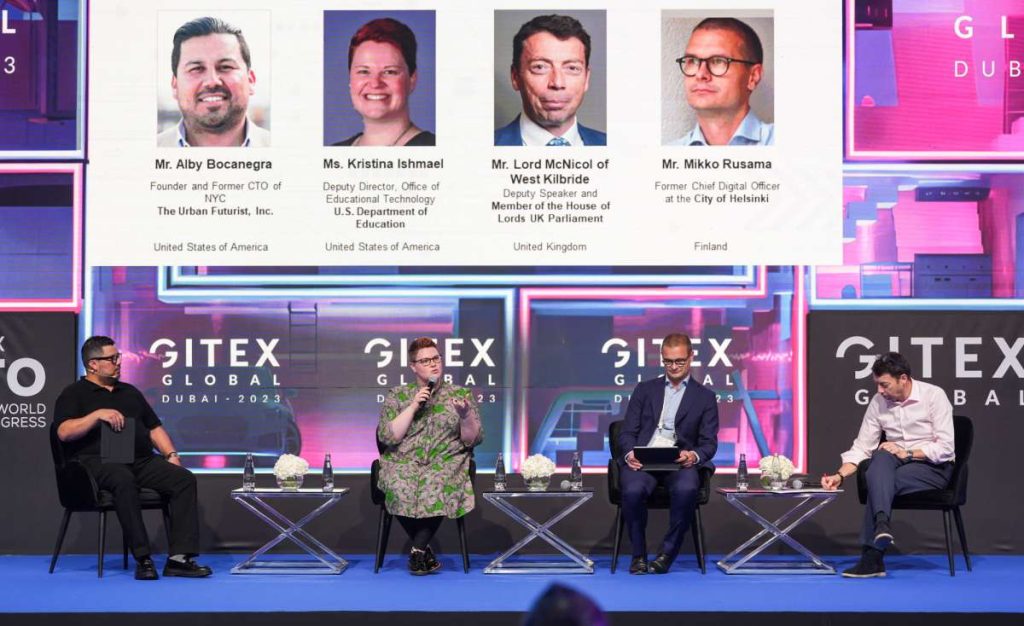It is important to note that the diversity of EV technology is also a huge factor. Three-wheeler vehicles, scooters, and rickshaws are popular in India, and having the electric version of these vehicles in India is a game-changer…writes Raghav Arora
The era of the electric vehicle (EV) represents a hallmark in the evolution of automobiles. Since the 19th century when the first gas engine-powered vehicle was patented, what now adorns our roads as flashy and durable cars have metamorphosed from simple three-wheeler vehicles to high-tech machines today. Nearly 150 years later, more everyday cars are now powered by electricity, showing the ingenuity of man to evolve with technological advancements.
Electric mobility is becoming more popular today in many parts of the world including India. In fact, as of August 2023, there were more than 2.8 million registered EVs in the country. This comes as part of a consistent push by the nation to go green and embrace a sustainable means of transport for the health and safety of the people and the planet. However, it is clear that India’s EV revolution is still in its early stages, even though it is one of the world’s fastest-growing EV markets.
How technological advancement is driving EV growth in India
In the last year, EV registrations in the world’s most populous nation rose 209% from the previous year, keeping up with trends observed since 2020. The reason why EVs continue to grow in India and elsewhere is the continued growth of technology. Technological advancements have made it possible for more players to flood the market, localising EV technology, and gain increased access to required parts.
This tech revolution is further driving exponential growth in the Original Equipment Manufacturer (OEM) segment as many more innovations emerge to make commercial manufacturing easier and more efficient. EVs are no longer the vehicle of the future, but of the present as sales continue to surge with each passing day. For the first few years of its commercial entry into the market, EVs were an exclusive preserve for early adopters and experimental buyers. Today, it is more commonplace as more Indians are becoming EV owners.
It is important to note that the diversity of EV technology is also a huge factor. Three-wheeler vehicles, scooters, and rickshaws are popular in India, and having the electric version of these vehicles in India is a game-changer. This means EVs are not only quickly creeping into the personal car space, but have also found a footing with e-scooters, e-trucks, and e three-wheelers.
Furthermore, there is now an emphasis on precision technology that is seeing EV manufacturers target efficiency in manufacturing in a bid to bring the cost of production down and also reduce the price of EV units. This is not possible without the support of the Indian government through initiatives like the PLI scheme where incentives are provided for manufacturers to create local technological hubs and support local production of EVs for Indians.
R&D, Technology Advancement, and the Future of EVs
Being able to manufacture EVs in commercial quantities is only a starting point for India. Thankfully, there is an equally growing EV charging market where professional companies are plying their trade and ensuring that EV owners in the country can enjoy their drive time. There are now charging stations across most big cities where EVs are more prevalent and several more are set up on a daily basis.
India has, in the last few years, invested in R&D and has continued to work to ensure improved technologies to boost vehicle capabilities, especially with regard to torque, speed, reliability, range, and other needs of the average driver. Furthermore, tech advancements have also helped to increase battery power and reduce charging time to make EVs more practical and seamless to use. While the gains are commendable, Indian EV players are not resting on their oars, but proactively working to ensure EVs fully take over the automobile market in the near future.
The future will be dominated by efficient, high-speed cars, that are clean, smooth, and easy to drive. Beyond the offer of clean energy and the benefit to the environment, EVs have also proven to be more fashionable, smoother to drive, and offer better features all around, making them the ideal choice for the average car enthusiast.


